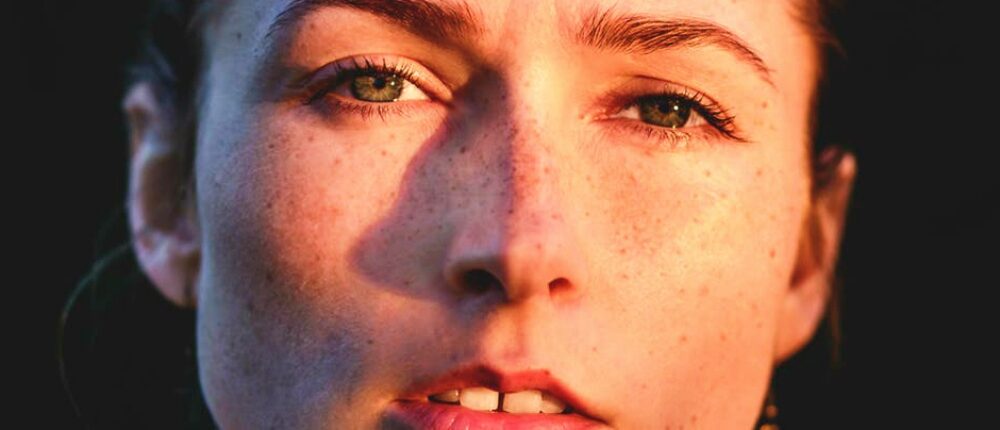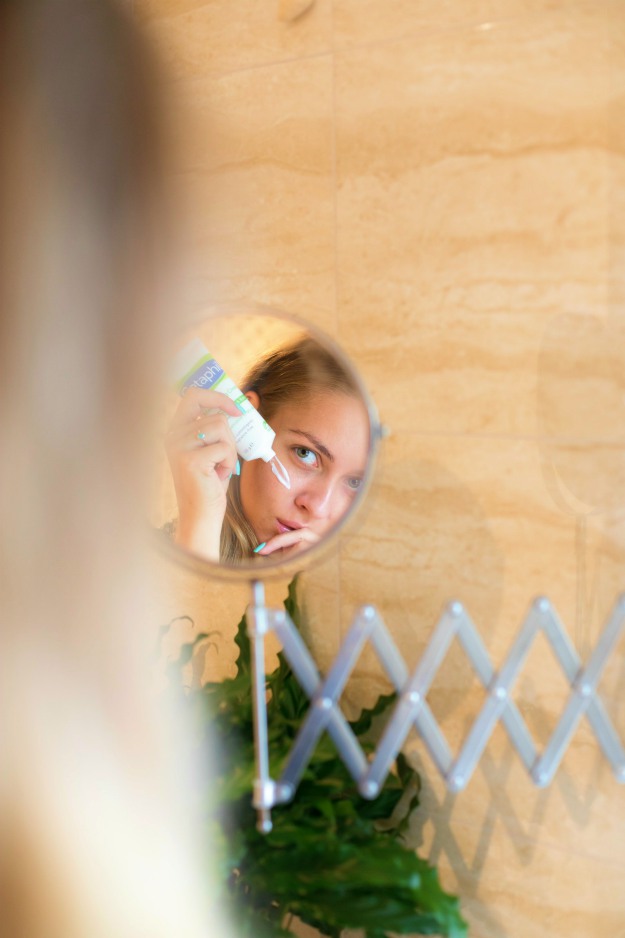

Are you worried about the dark spots on your face? Here’s everything you need to learn about them.
Dark Spots on the Face | Everything You Need To Know
What are Dark Spots?
Ever noticed those black or dark grey marks on your face that can’t be covered by concealer or skin corrector? If they are not your natural moles and freckles, then you are probably looking at dark spots.
Dark spots on the face are a type of skin discoloration, usually as a result of sun damage. Hyperpigmentation kicks in when the skin produces too much melanin. The latter happens when the skin is exposed to sunlight. This leads to the overproduction of pigment in the form of dark spots.
Why Do You Have Dark Spots on the Face?
Don’t worry—it’s not because of your favorite foundation, so there’s no need for you to throw it away. You have dark spots because of three possible reasons: exposure to the sun and ultraviolet (UV) light, hormonal imbalance, or acne.
- Sun Damage and UV Exposure
The sun is the most popular culprit for the dark spots on your skin. If your line of work involves being under the sun for hours, or if you just simply love going to the beach, then dark spots will inevitably appear.
The sun’s UV rays cause the melanocytes in your body to produce more melanin, to protect your skin from burning. The same may happen if you stay too long in the tanning bed. Not only will you look like a bright red tomato, but you will also have dark marks on your face to worry about.
- Hormonal Imbalance
For most women, especially for those who are taking birth control pills, dark spots are common. These pills produce higher levels of estrogen, which in turn cause hyperpigmentation on the skin.
The body also produces hormones that make the skin inflamed. So apart from dark spots, you have to watch out for redness and swelling as well.
- Acne
Pimples, when not properly treated, can lead to dark marks on the skin such as scars and dark spots. These blemishes render a darker color than the rest of your skin tone.
There is a different effect for people with severe cases of acne. However, for those who rarely get pimples, the scars may fade over time. Taking the proper vitamins and doing regular skin care rituals is the best way to prevent and reduce acne.
When Do Dark Spots Usually Appear?

Dark spots appear when there is a lack of moisture and UV protection on the skin. The skin needs hydration and relies on a higher sun protection factor (SPF) from sunscreens to prevent the overproduction of melanocytes.
Where Else Do Dark Spots Appear?
A dark spot can appear anywhere on the body, but it can usually be seen on the face. These brown spots on the skin appear among the areas where the sunlight usually hits, with the face being one of the most common places.
For people who don’t wear enough sunscreen, a black spot on the arm or shoulder isn’t far-fetched. The same goes to that black spot on your back that you’ve mistaken for a blackhead—it may be a sign that you have been basking in the sun for too long.
Who is Prone to Dark Spots?
While dark spots can appear on anyone, studies show that people with darker skin tones are more prone to have dark spots on the skin. People with darker complexions have more melanin than those who have lighter skin tones, especially when they are exposed to the sun.
Dark spots are also visible signs of aging. These types of dark marks on the skin are called “age spots”, which are common among people who are older than 40 and have a history of extended sun exposure.
How Do You Prevent Dark Spots?
Dark spots on the face, or any dark spots on the body, do not have a permanent fading solution or treatment. However, you can prevent future dark spots with various skin care products.
- Sunscreen: As much as you love the sun, the sun doesn’t know how to save your skin from hyperpigmentation. Use sunscreen with higher SPFs to protect your skin before hitting the beach.
- Moisturizer: Keep your skin hydrated and refreshed with a trusty moisturizer to prevent redness and swelling while you’re out having fun in the sun. The best moisturizers are made from ingredients that focus on healing and regenerating the skin.
- Puriya Mother of All Creams: This all-in-one cream can help address dry skin, redness, and swelling. Its intensive moisturizing properties help provide the hydration your skin needs to prevent future dark spots.
Learn more about dark spots and tips for getting rid of them. Watch this video from Doodle Master Me:
https://www.youtube.com/watch?v=sMtdPsiInZs
Reduce the hours of exposure you have under the sun to prevent dark spots. These dark patches on the skin may be harmless, but prevention is the key to flawless skin. If your dark spots are giving you discomfort or changing in appearance, make sure to consult your dermatologist to get a proper diagnosis of your skin concerns.
Do you have dark spots on your face? Try our recommended skin care products and share your experience in the comments below!
Up Next: Causes Of Rosacea: Know What To Avoid
